It doesn't really matter what you call it, the push is all about sustainability and leaving as much as we can from this generation for the next rather than gobbling up finite resources with no regard for those to follow.
The motoring industry is one very obvious face of conspicuous consumption, yet there are many companies investing billions of dollars and untold hours into trying to minimise the impact of individual transport.
After hours of consideration and debate the Carsguide team have settled on four finalists for the Carsguide Green Car Of The Year award. The choices will not please everyone, and they certainly are not the only worthy ones, but there is a strong argument that efficient cars only have benefit if people drive them. So here they are.
(1.8L petrol engine and electric drive motor, 100kW/142Nm plus electric drive, 3.9L/100km, $39,900): This has been _ and still is _ the poster child for hybrid technology in Australia. The new generation Prius which was launched in Australia in July brings a styling remake with more practicality in the car, more power and better efficiency as well as the full range of benefits from the ability to run off a combination of internal combustion engine and battery utilising automatic stop/go and regenerative braking. The designers also paid special attention to small increments of improvement with minimised panel gaps, the smooth profiling of the doors and glazing seals, as well as the aerodynamic efficiency of the door mirrors, door handles, rear spoiler and vehicle underbody. It all added up to a slicker flow through the air and a lower co-efficient of drag. That means using less fuel to go the same distance.
(2.0L turbo diesel, 105kW/300Nm; 4.5L/100km, $42,170): Comes in with impeccable credentials having won the world green car of the year laurels last year. It arrives in Australian showrooms within the next couple of weeks as a key plank in BMW's overall driver for better dynamic efficiency. Has enough power and performance to keep happy those not willing to give up all the fun factor in search of social conscience but runs a welter of technologies and efficiencies in the background keeping fuel consumption reasonable and emissions good. The 118d comes standard with auto stop/start, optimum shift indicator, electric power steering and brake energy regeneration.
(1.6L turbo diesel, 66kW/200Nm; 3.7L/100km; $24,990 drive away): Due to hit salerooms on December 1 the Fiesta Econetics is a fuel-sipper par excellence ... in fact, its official 3.7L/100km economy will claim the mantle of Australia's most fuel efficient car. The frugal Fiesta, which is powered by a 1.6-litre four-cylinder diesel engine, is identical to the normal range of Fiestas in most regards but gains from super-efficient tuning of the engine and gearbox as well as improved aerodynamics and low-rolling resistance tyres. The Fiesta Econetic makes a strong argument not only on its efficiency but also on its sharp drive-away pricing.
(1.6L turbo diesel, 80kW/240Nm; 3.9L/100km; $33,750): Another that proves that being green need not be boring. Has all the classic looks of the standard Mini but in a package that keeps its carbon footprint to a minimum. As well as its efficient engine the Mini offers brake energy regeneration, auto stop/star and electric power steering. At 3.9L/100km the Mini D matches the best of the Hybrids for fuel efficiency but loses out a little on practical space. Every little bit helps.








.jpg)

.jpg)
.jpg)
















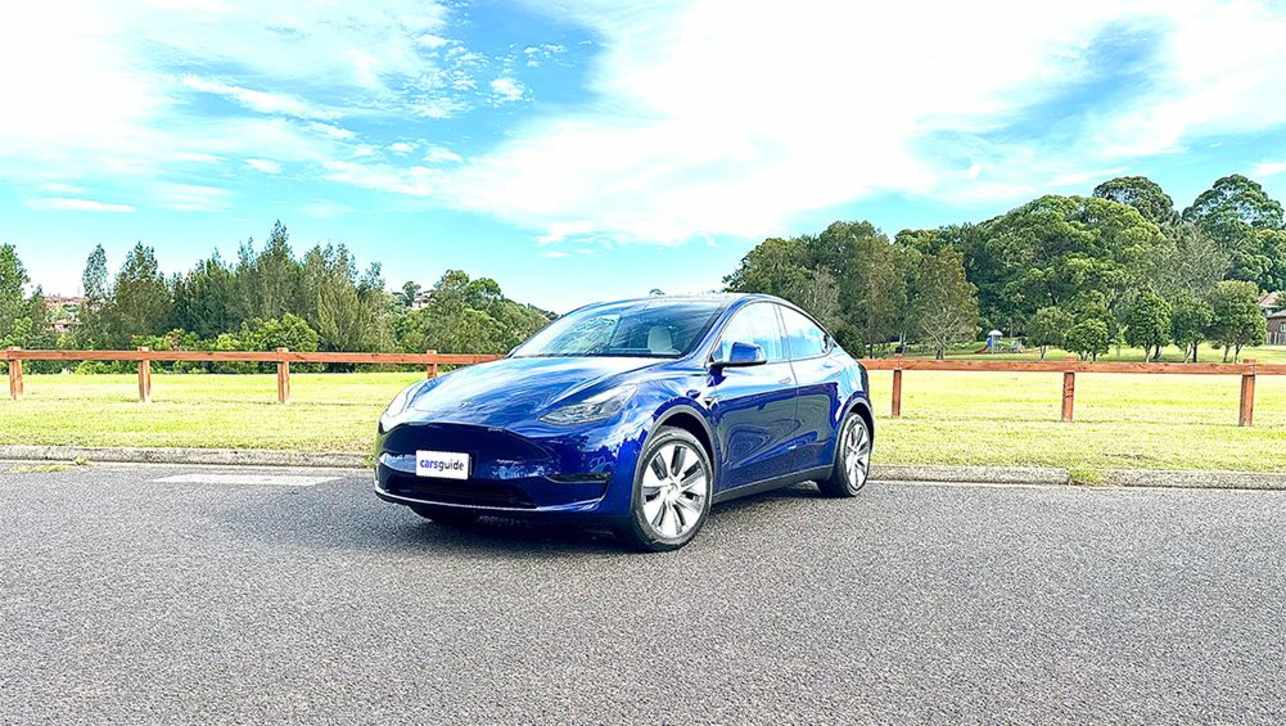
.jpg)

.jpg)
.jpg)
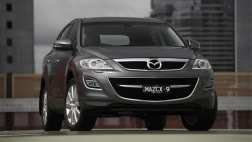
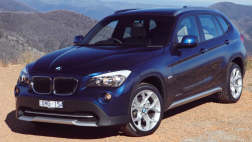

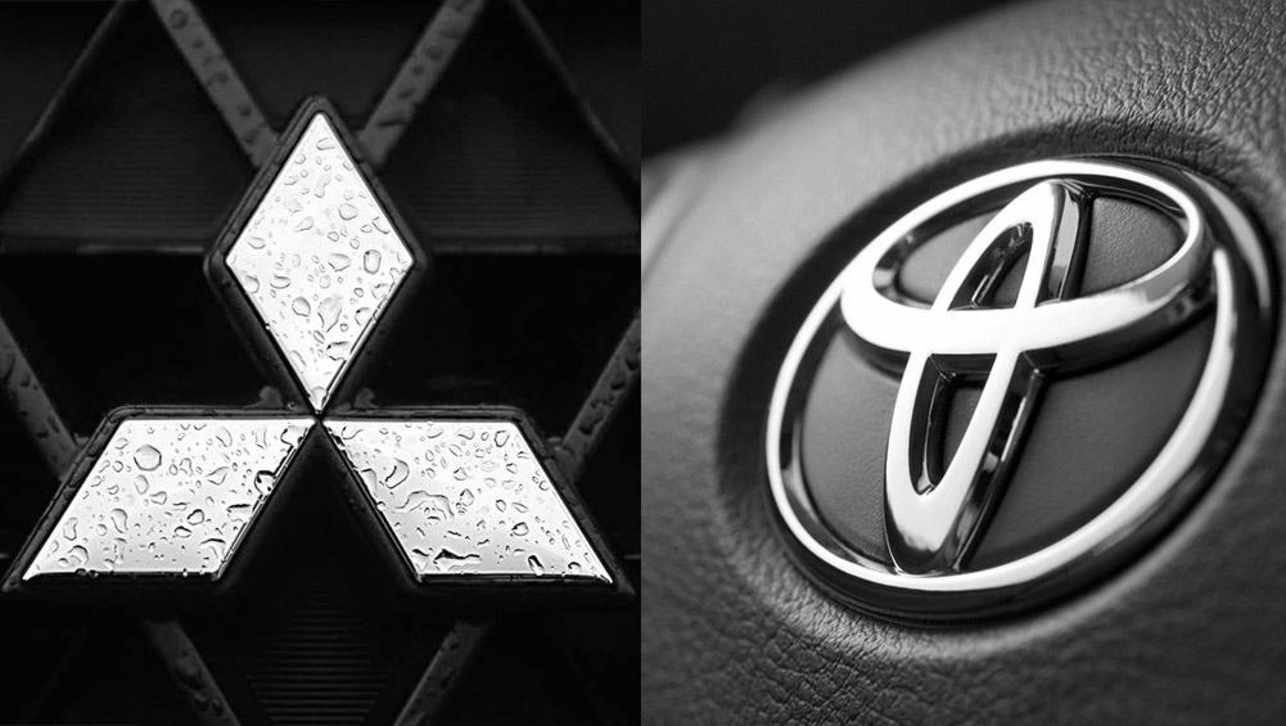
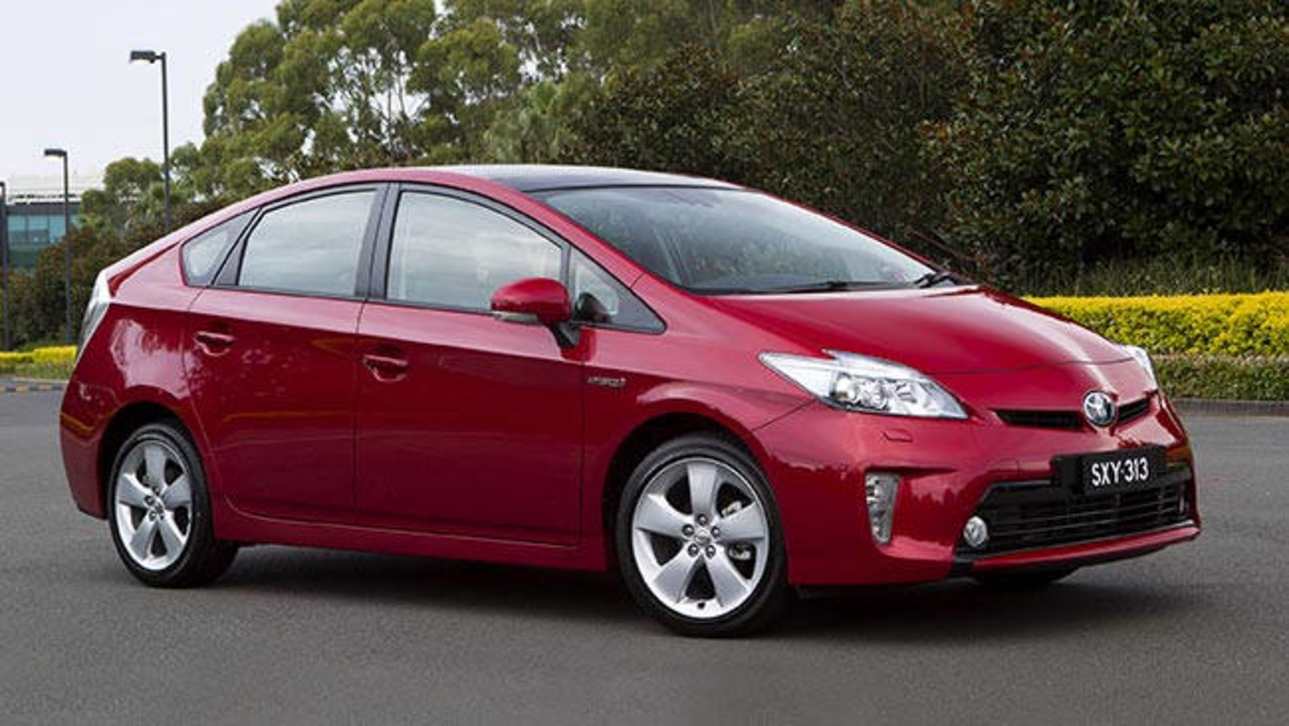







Comments